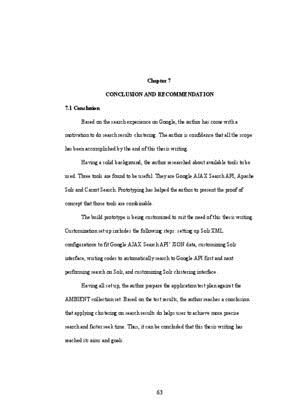Singer’s Famine, Affluence, and Morality Essay Sample.
Famine, affluence, and morality. Peter Singer. Philosophy and Public Affairs 1 (3):229-243 (1972) Authors Peter Singer Abstract. Food Aid and the Famine Relief Argument (Brief Return). Paul B. Thompson - 2010 - Journal of Agricultural and Environmental Ethics 23 (3):209-227.
Famine, Affluence and Morality, by Peter Singer As I write this, in November 1971, people are dying in East Bengal from lack of food, shelter, and medical care. The suffering and death that are occurring there now are not inevitable, not unavoidable in any fatalistic sense of the term.
In his article “Famine, Affluence and Morality” Peter Singer gives a seemingly devastating critique of our ordinary ways of thinking about famine relief, charity, and morality in general. In spite of that very few people have accepted, or at any rate acted on, the conclusions he reaches.
Peter Singer’s article “Famine, Affluence, and Morality,” was written to convince people that our decisions and actions can prevent other countries from suffering. He suggests that people should do what is morally right by contributing financially to aid those who are starving, rather than purchasing “wants” for those who can afford it.
In 1972, the young philosopher Peter Singer published Famine, Affluence and Morality, which rapidly became one of the most widely discussed essays in applied ethics. Through this article, Singer presents his view that we have the same moral obligations to those far away as we do to those close to us.
Famine, Affluence, and Morality centers on Peter Singer's 1972 essay of the same name, a classic in the area of applied ethics. This is one of those rare works by a philosopher that offers plenty of complexity with which to wrestle while also being accessible to a large portion of the general public.
The article “Famine, affluence, and Morality” by author Peter Singer attempts to provide a solution that can alleviate and even eliminate suffering. Singer proposes that people from wealthier countries can end the suffering of those in need of basic needs by giving away a large part of their wealth to the suffering. 1.









